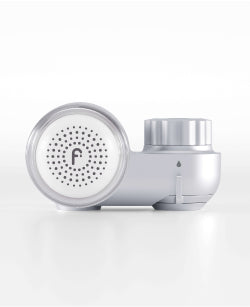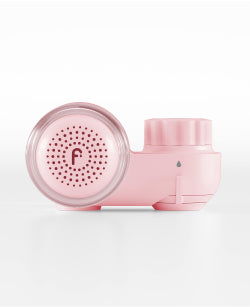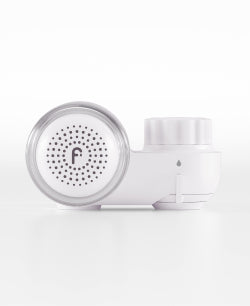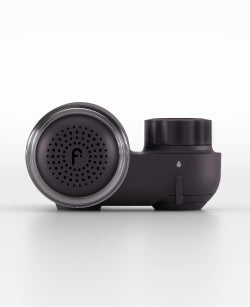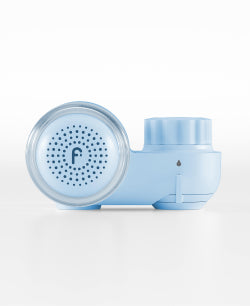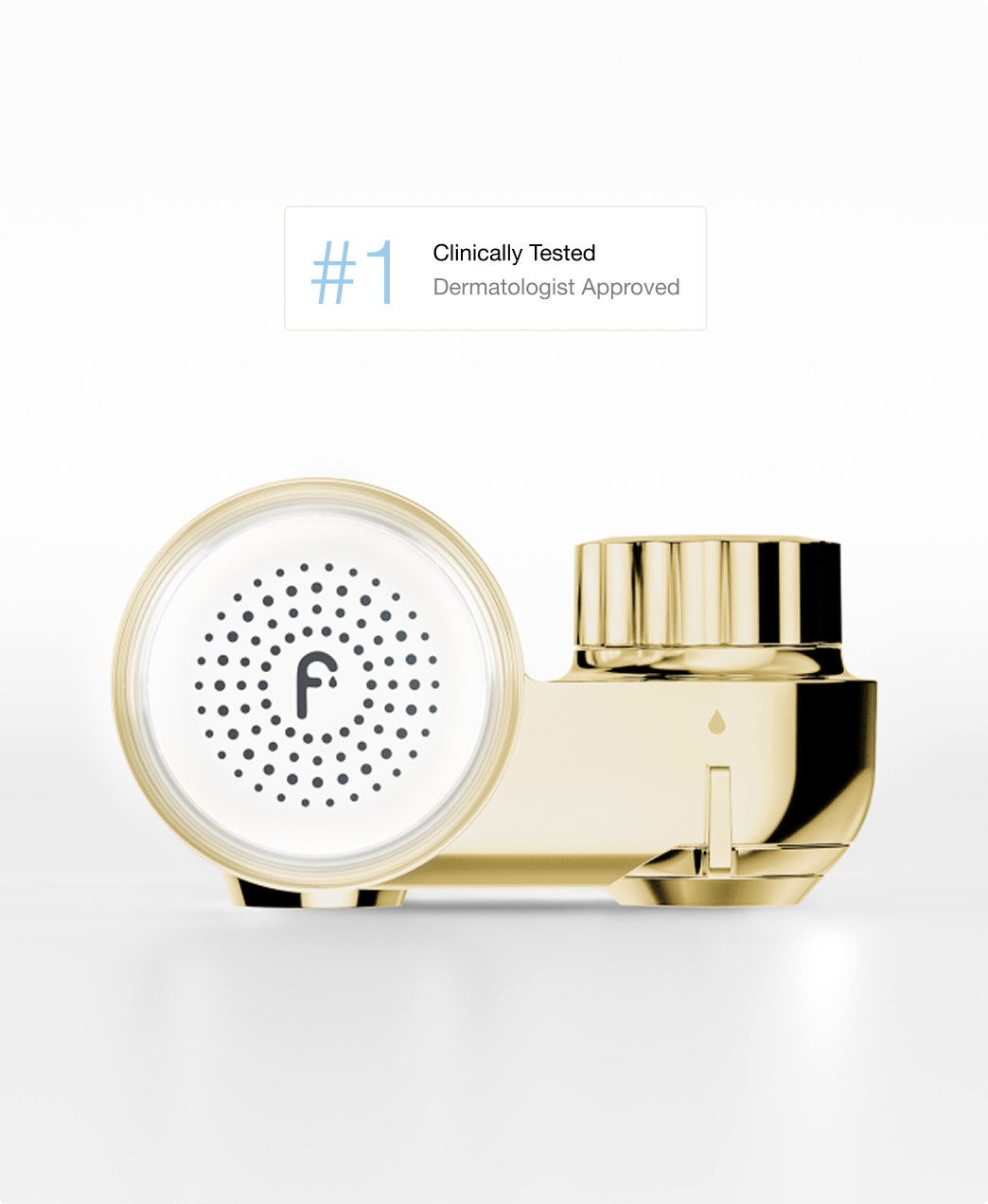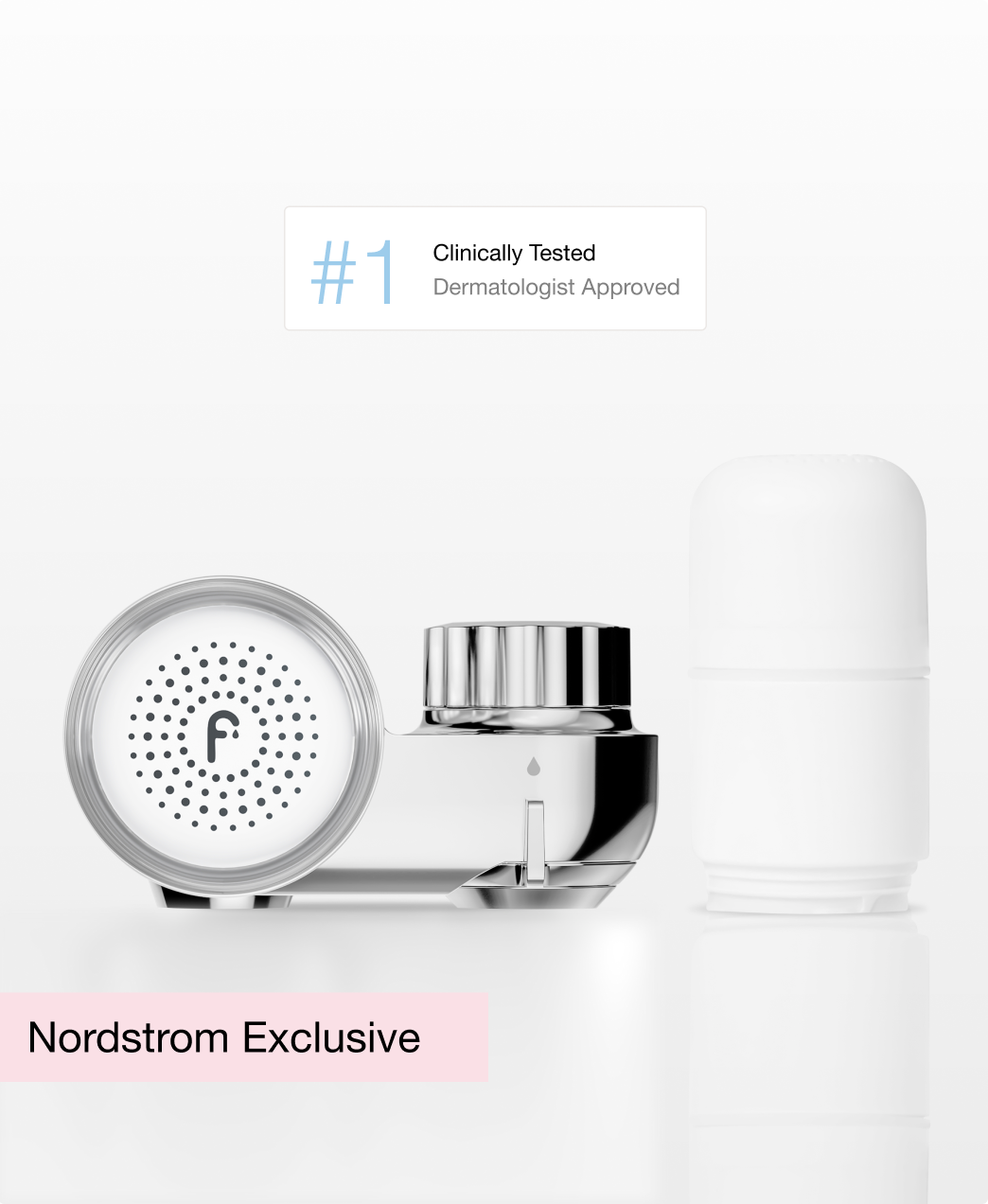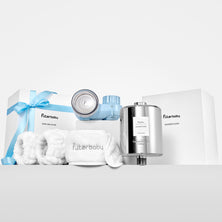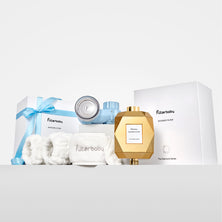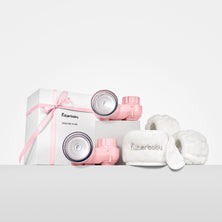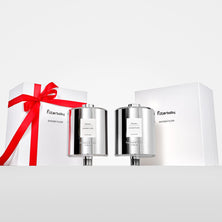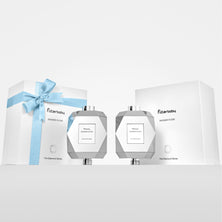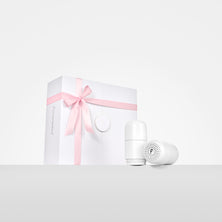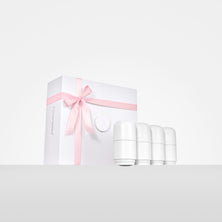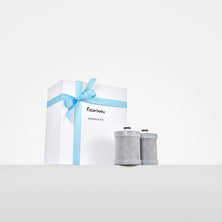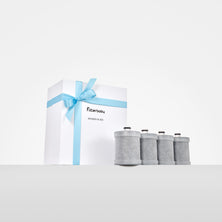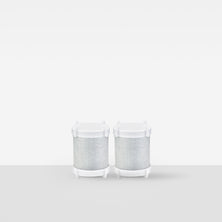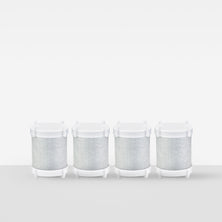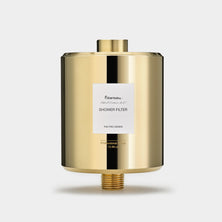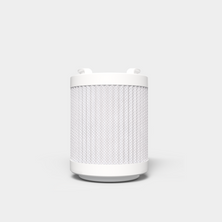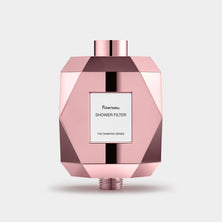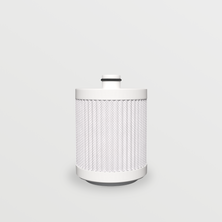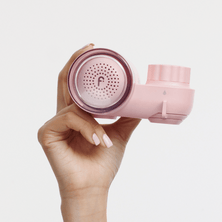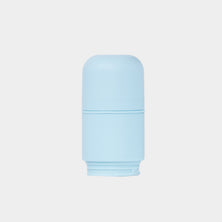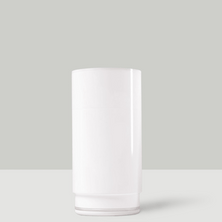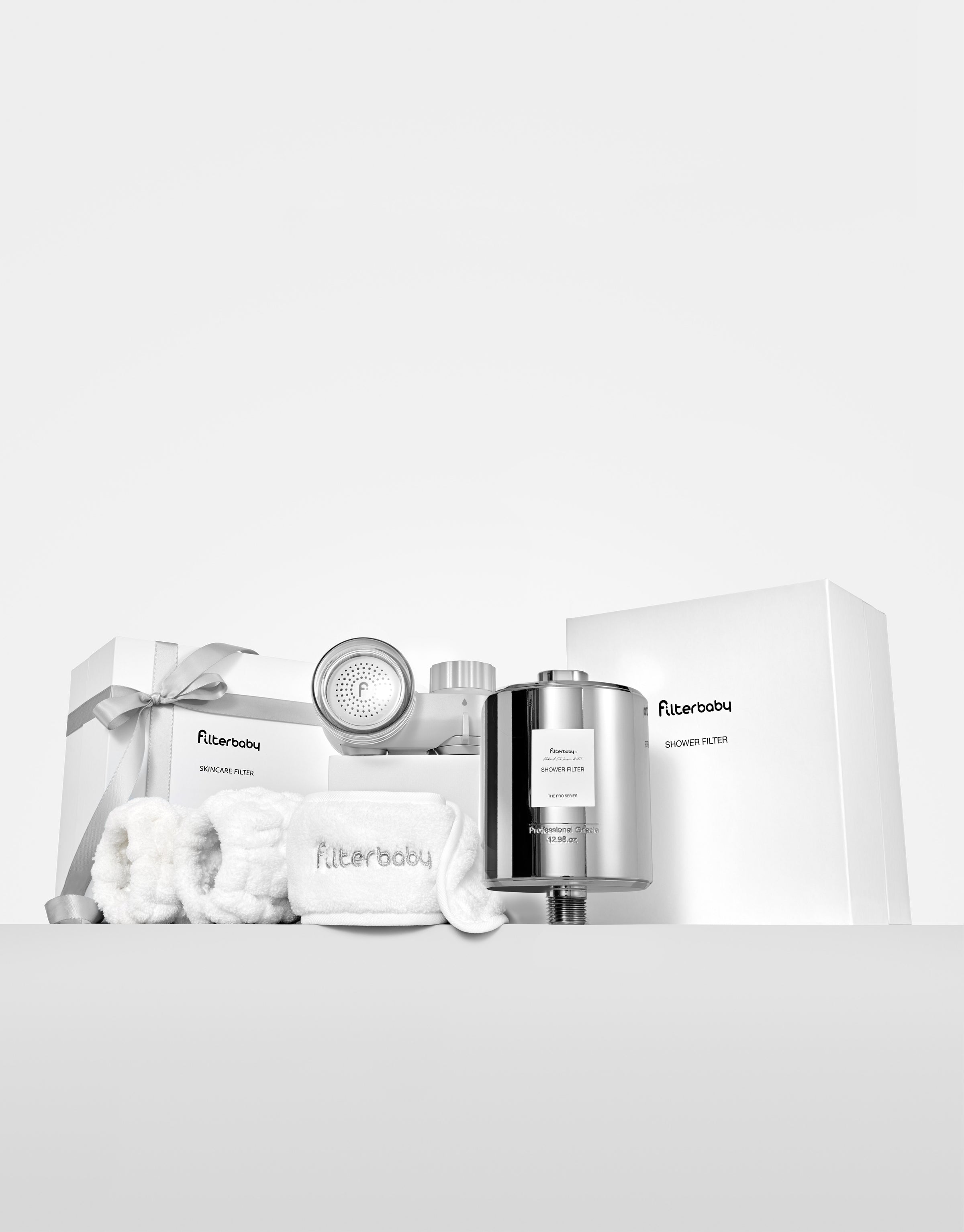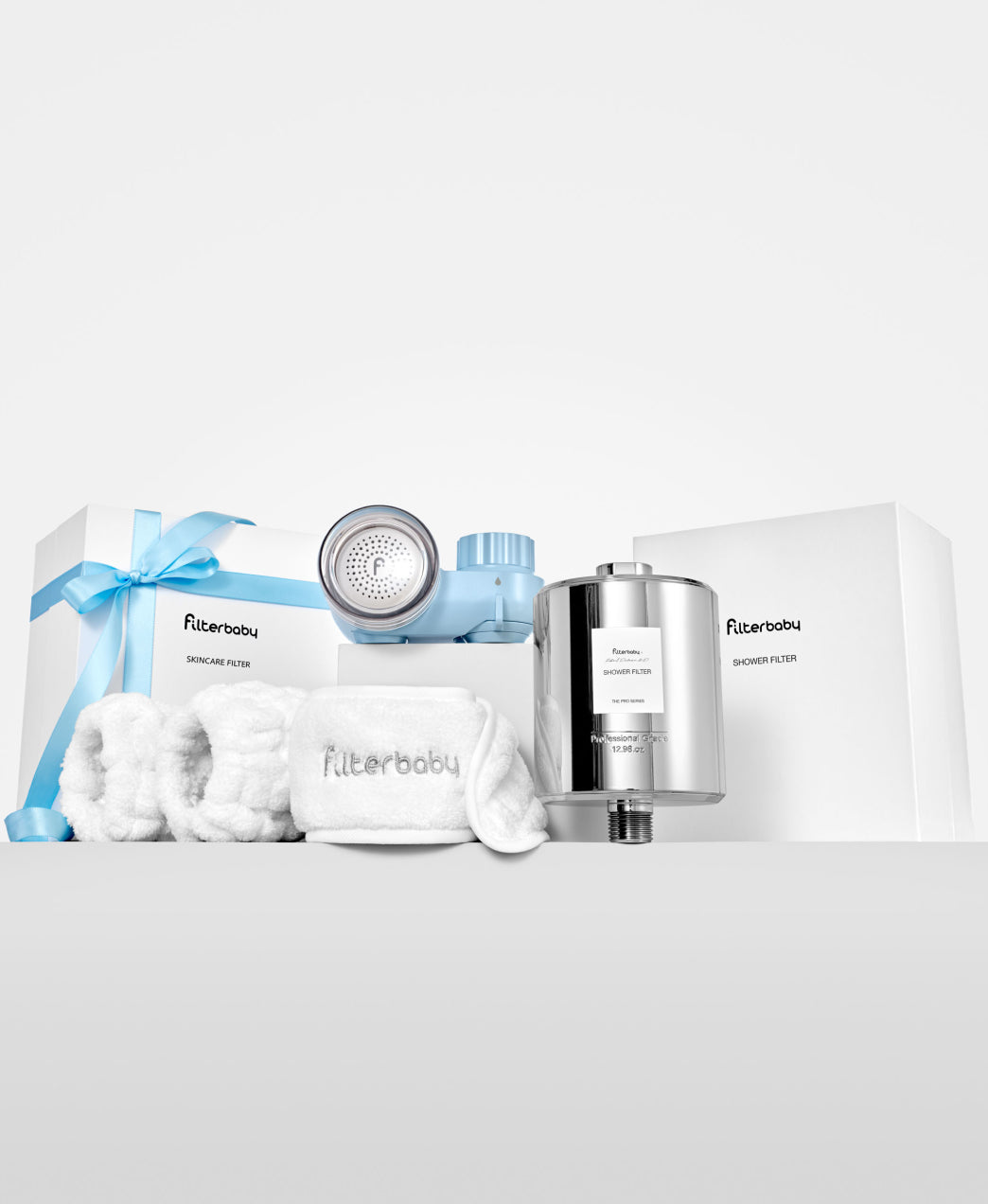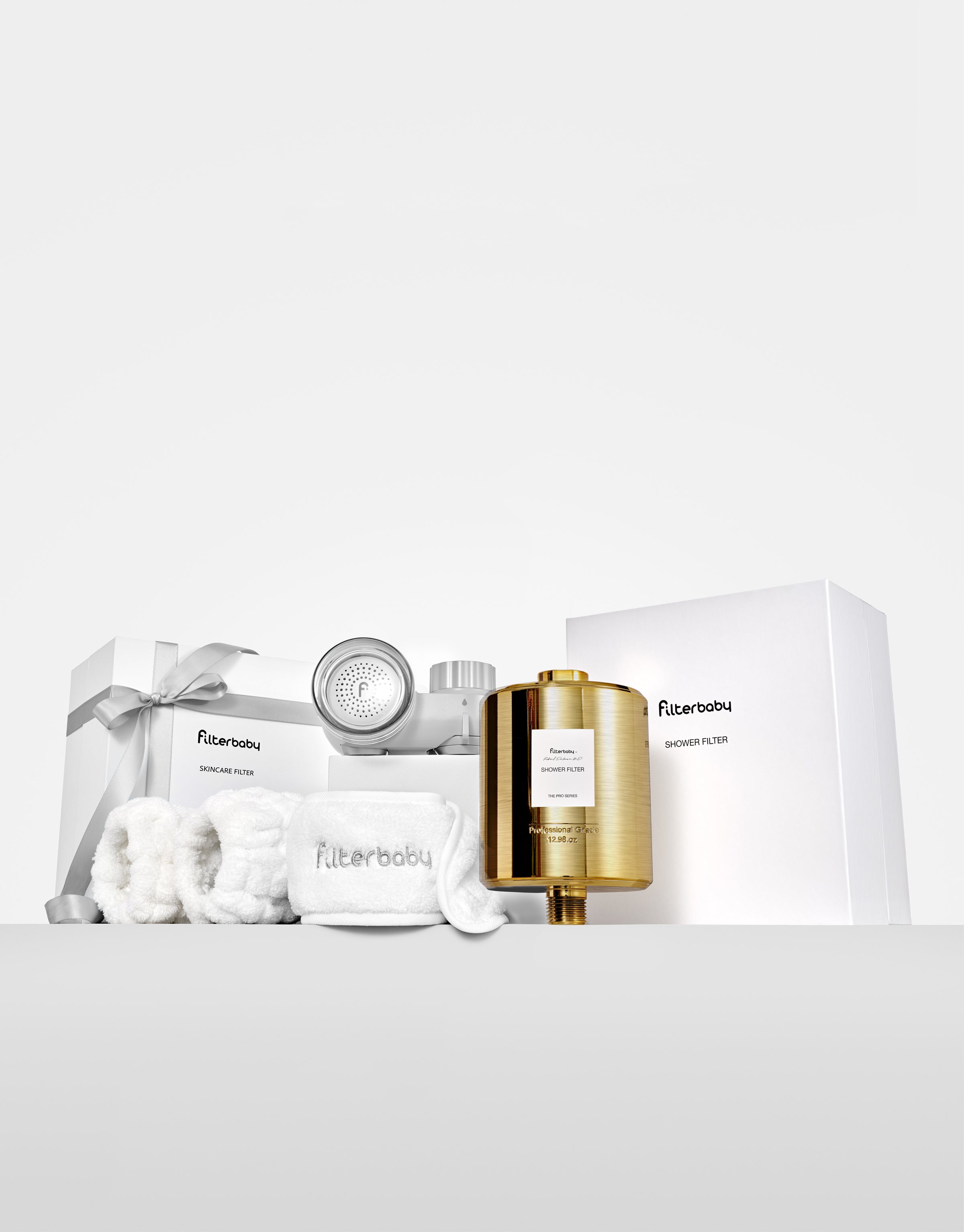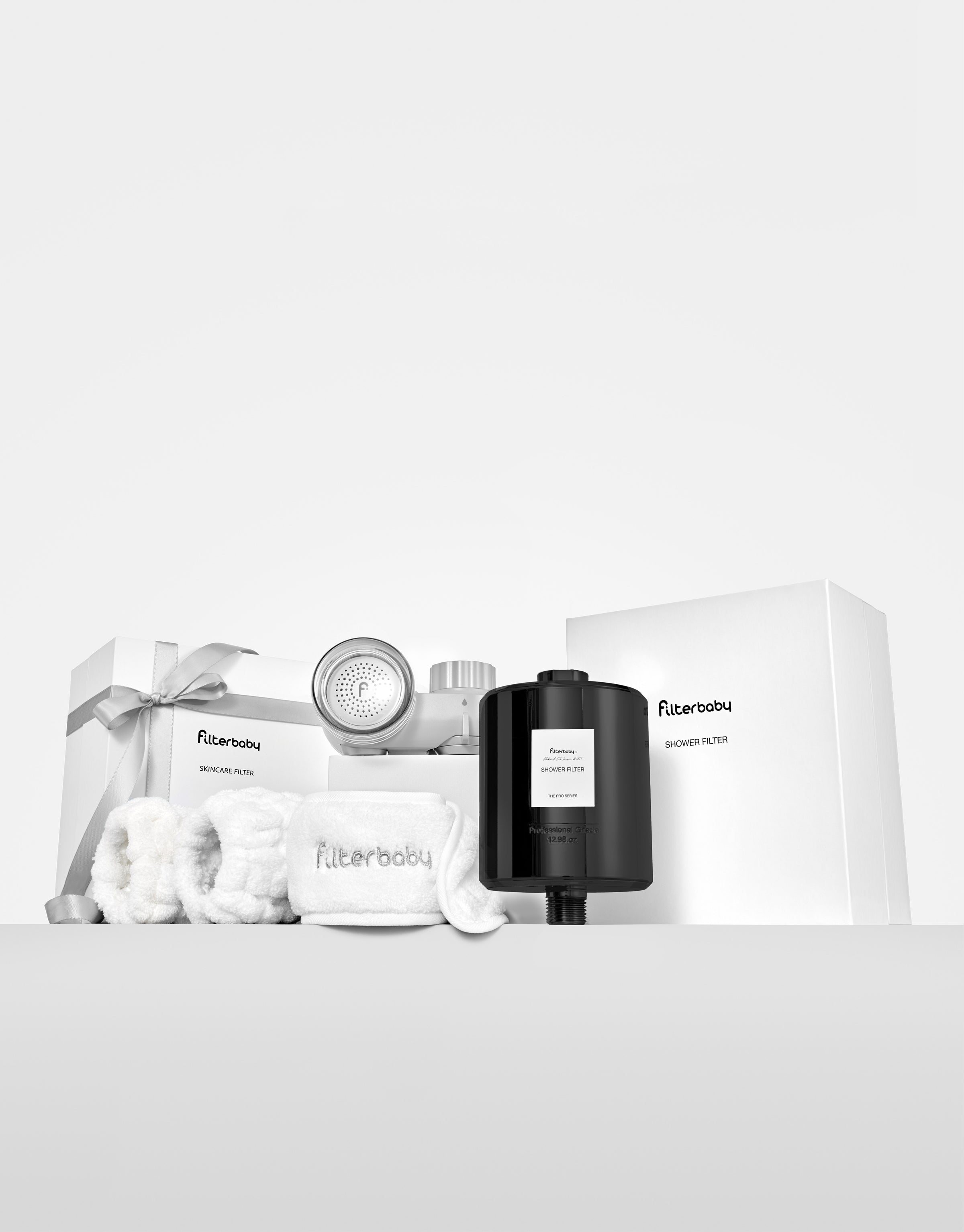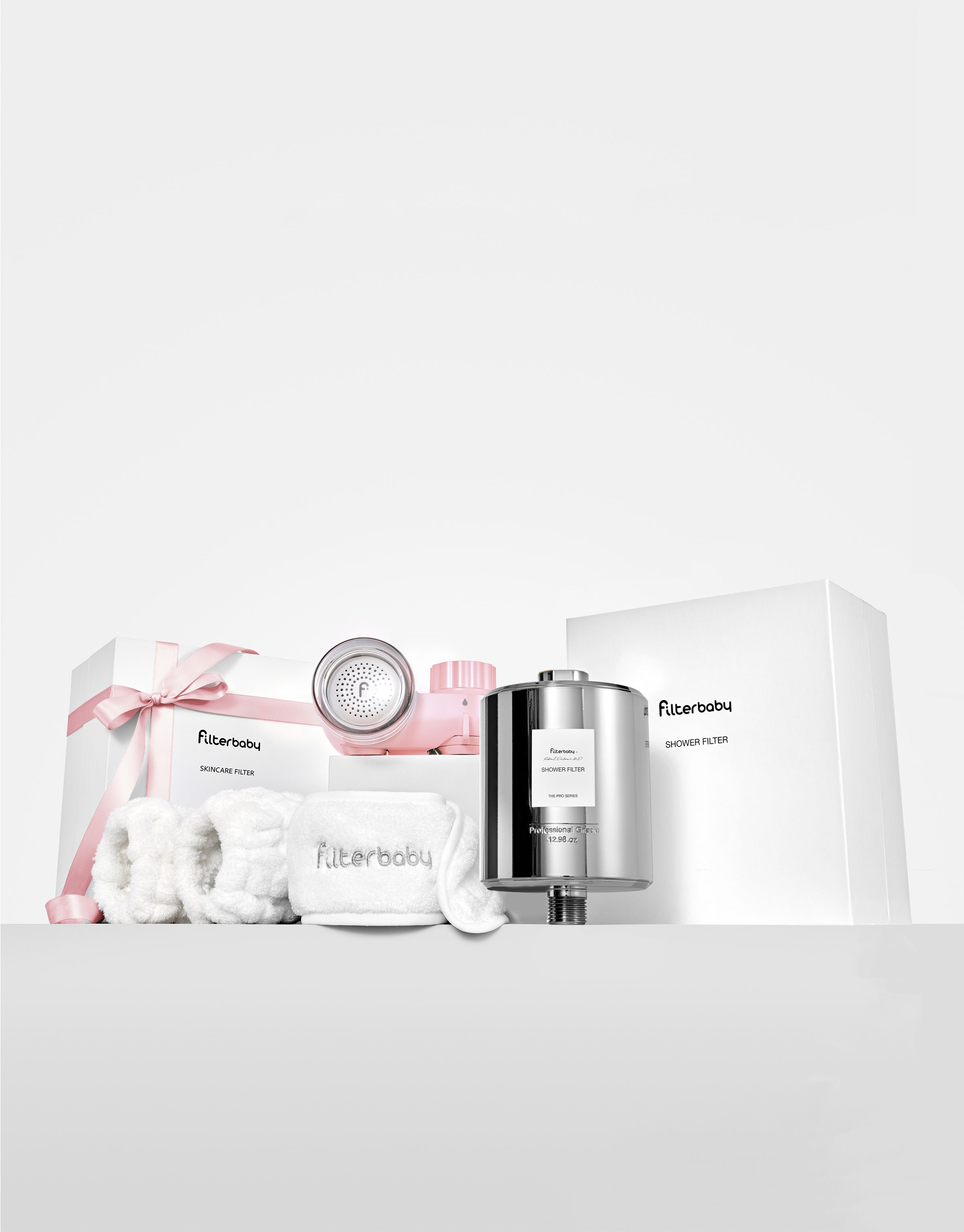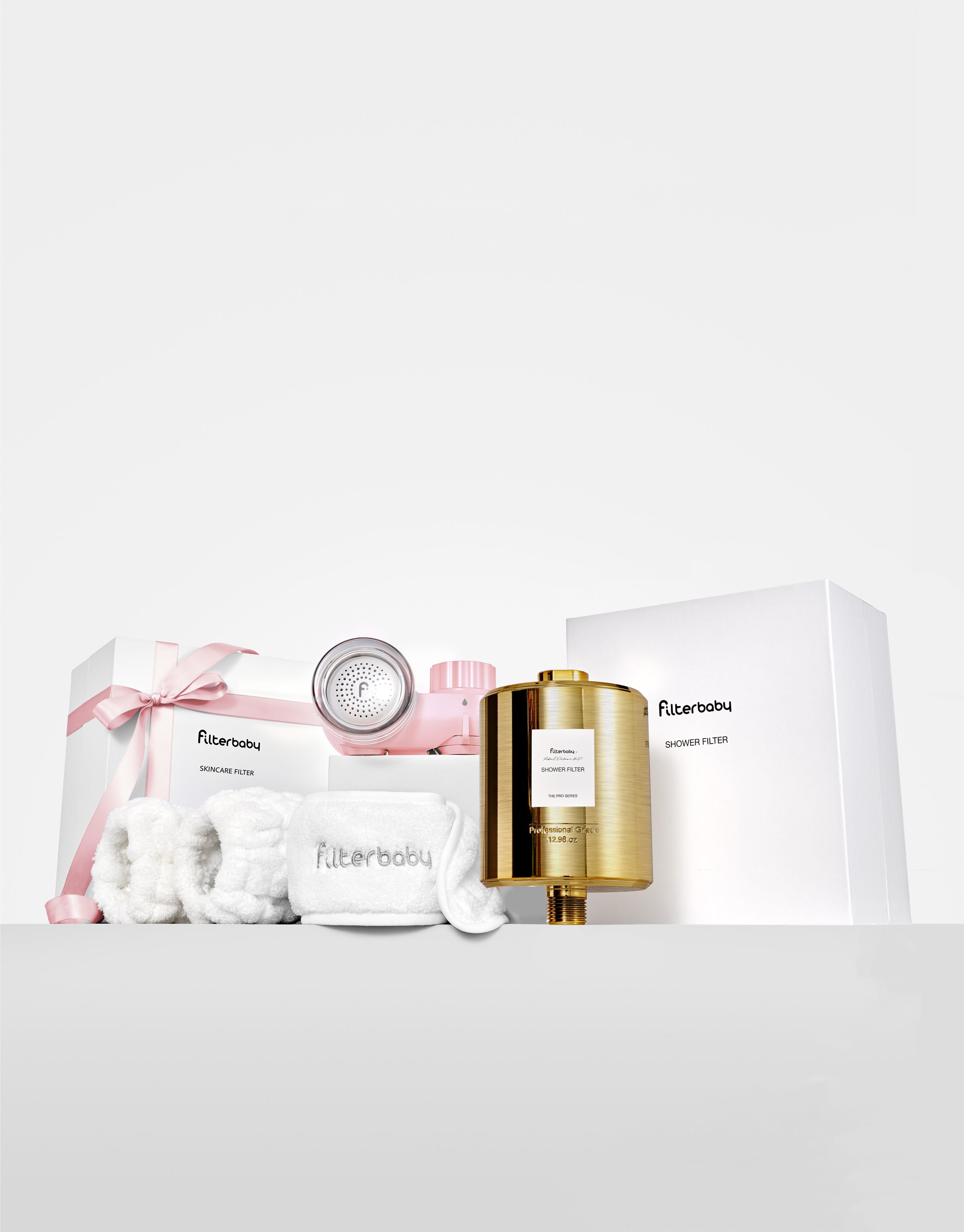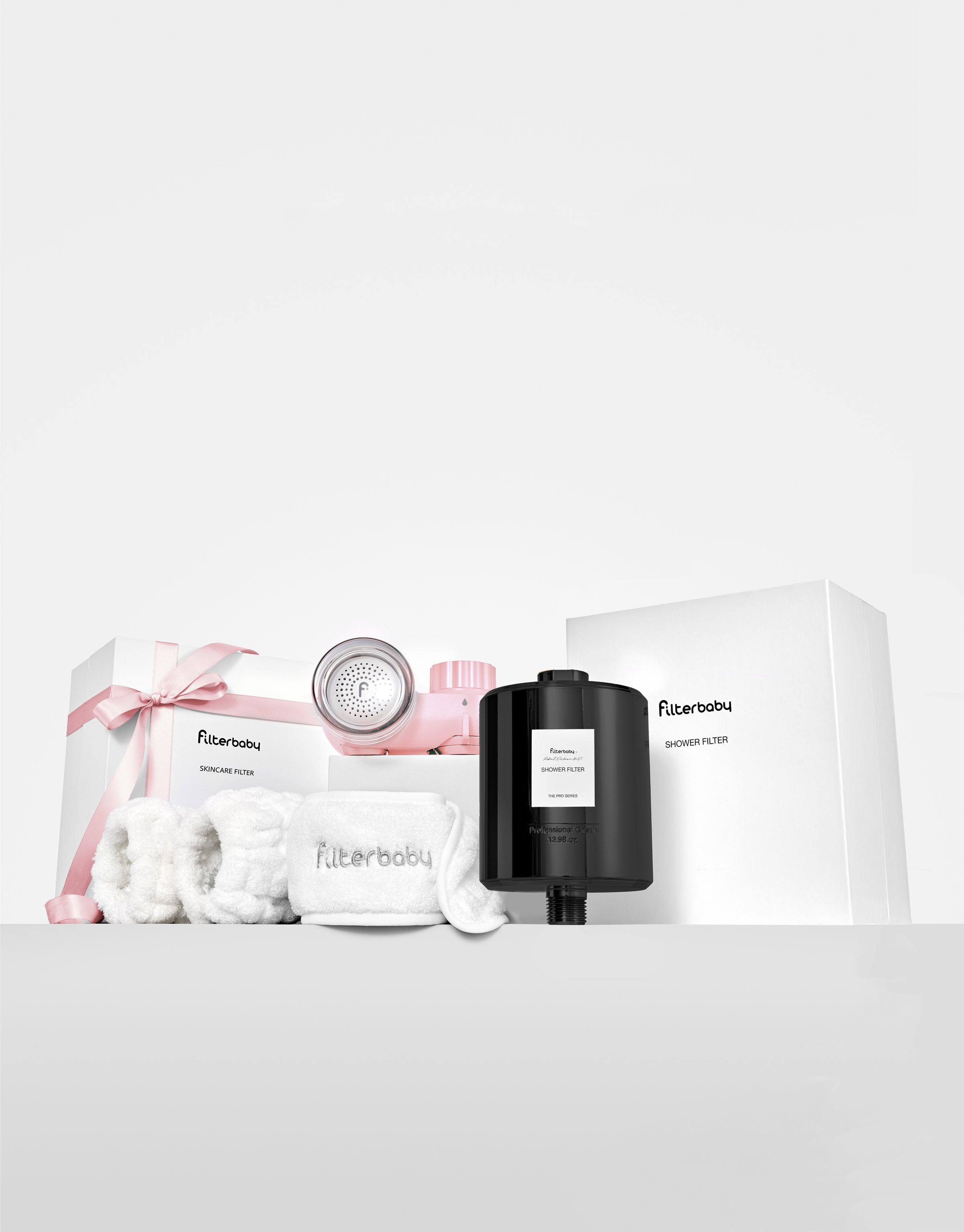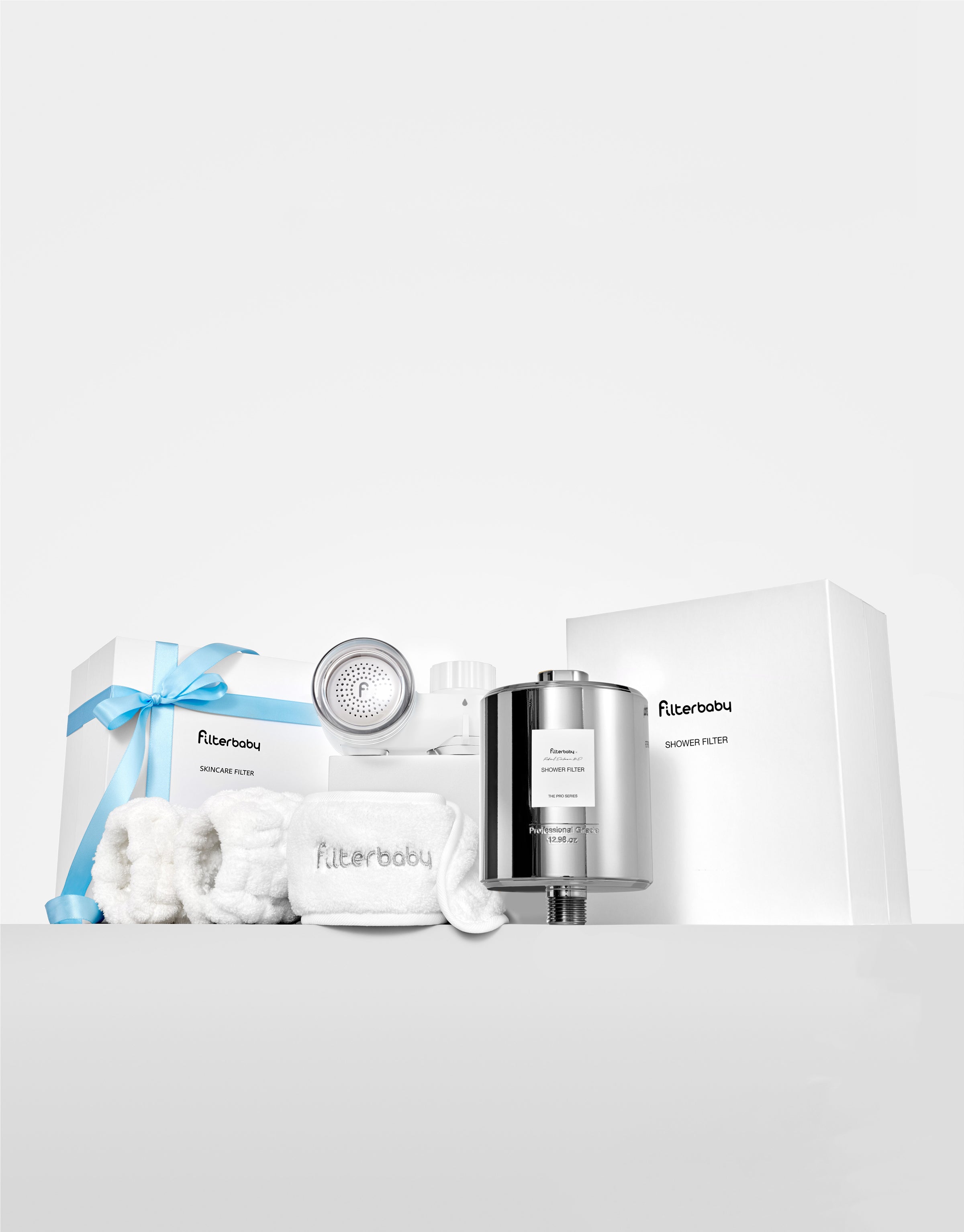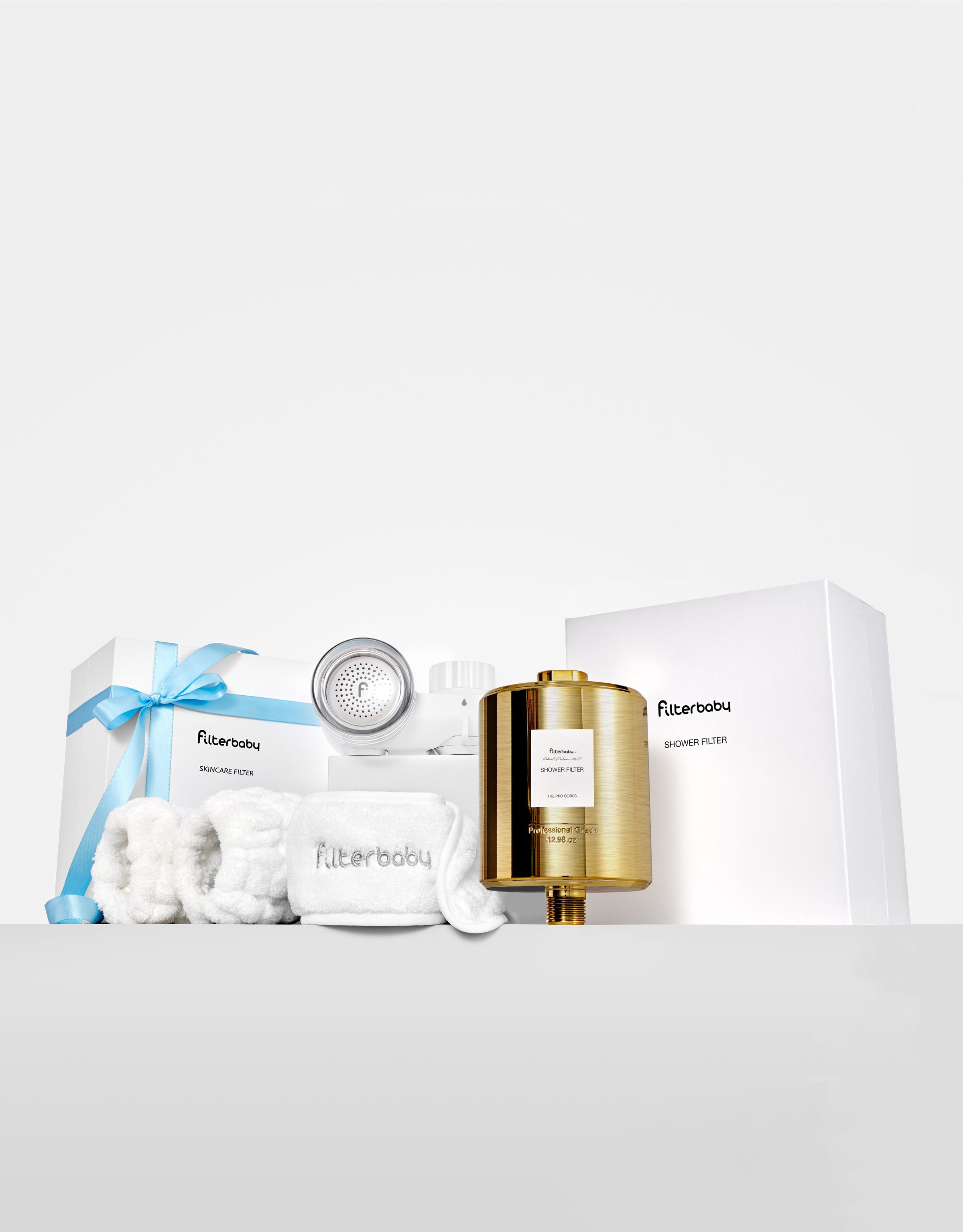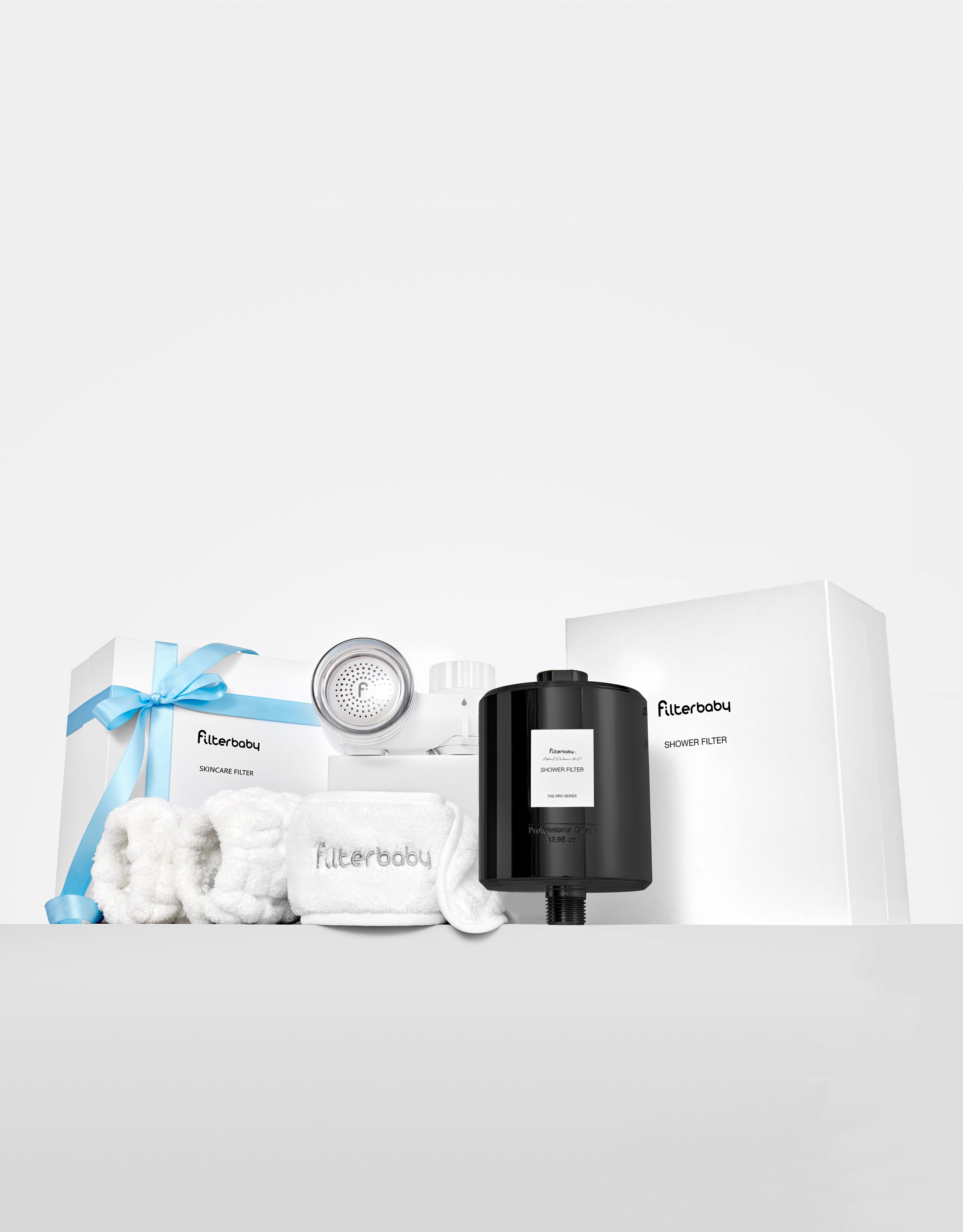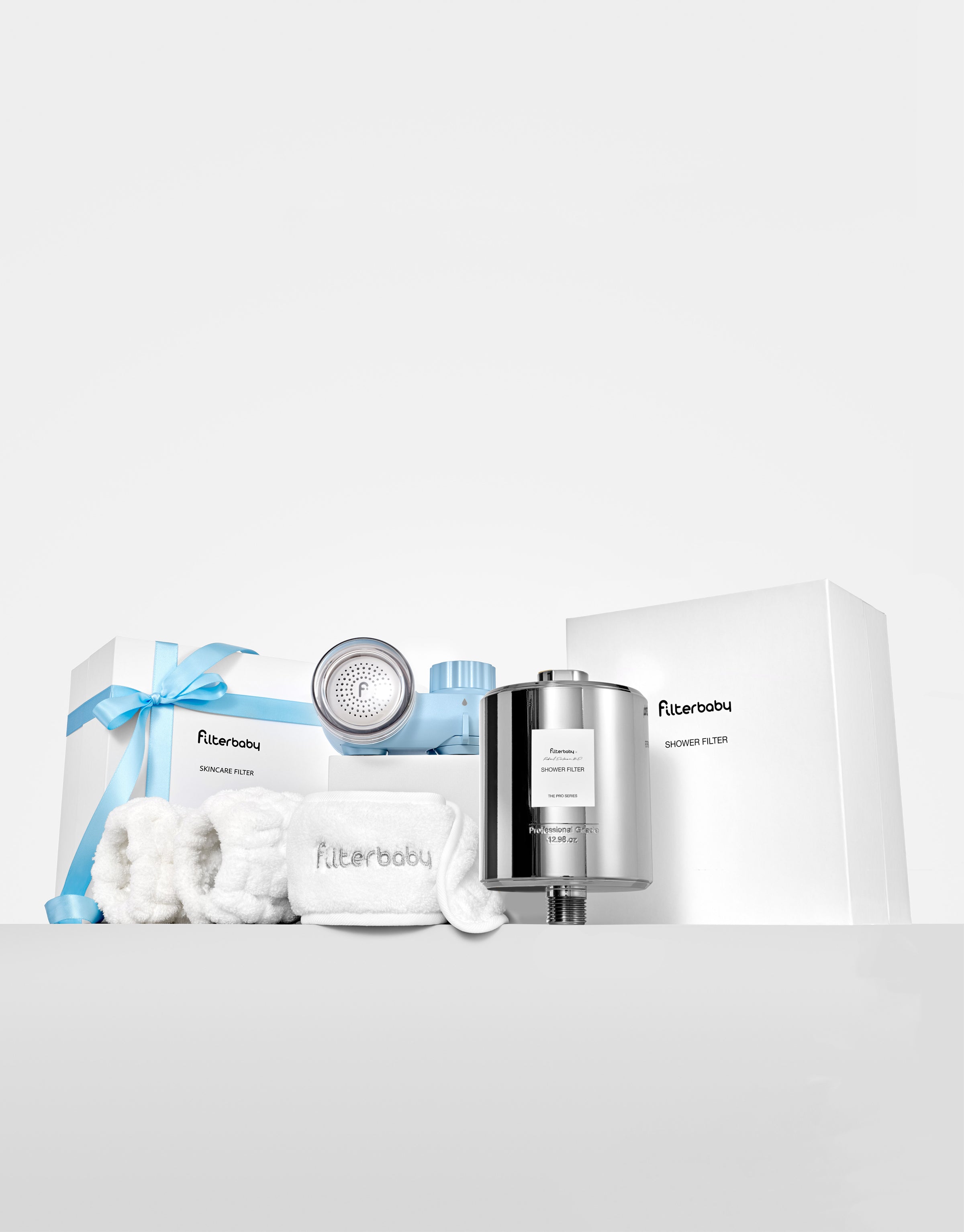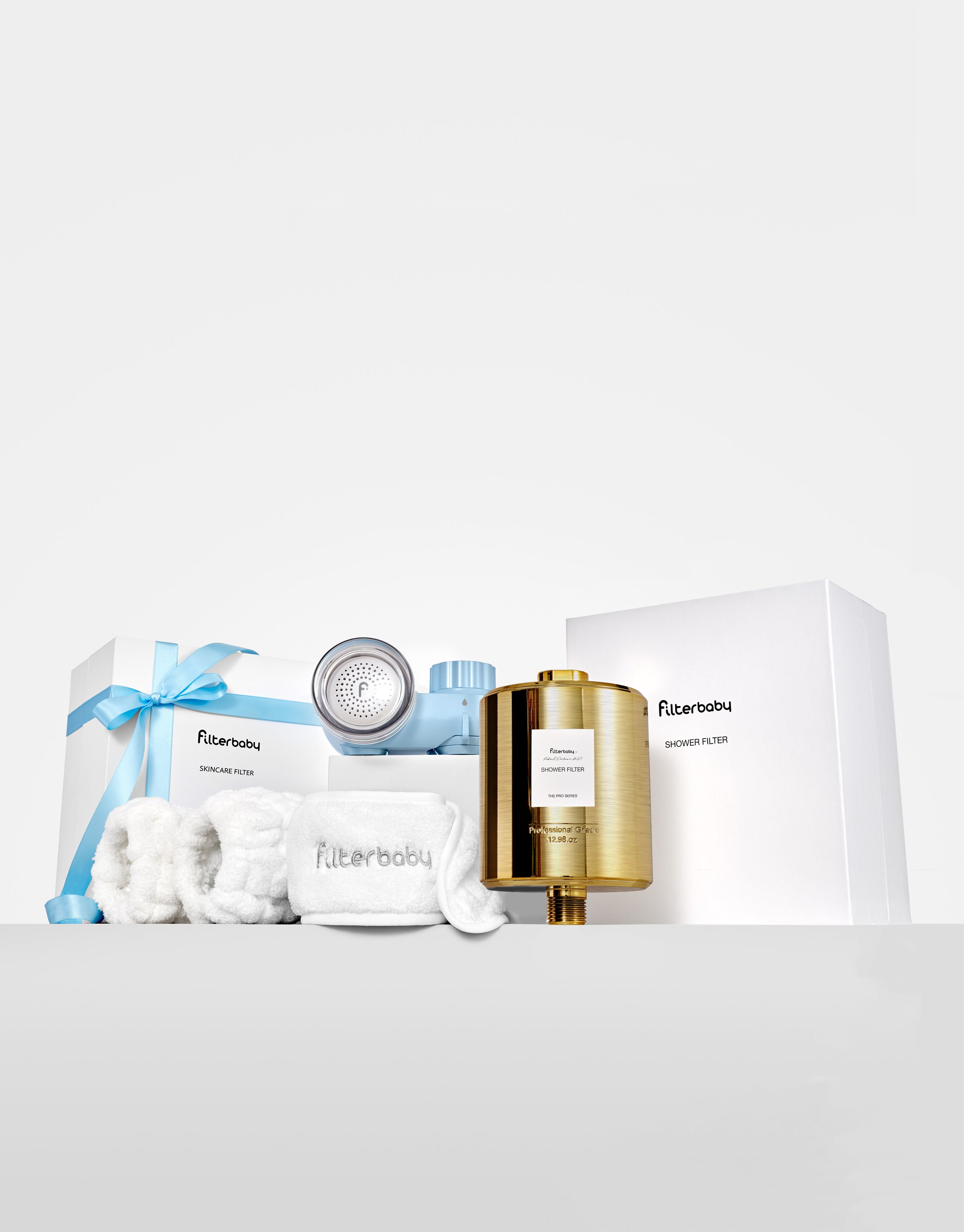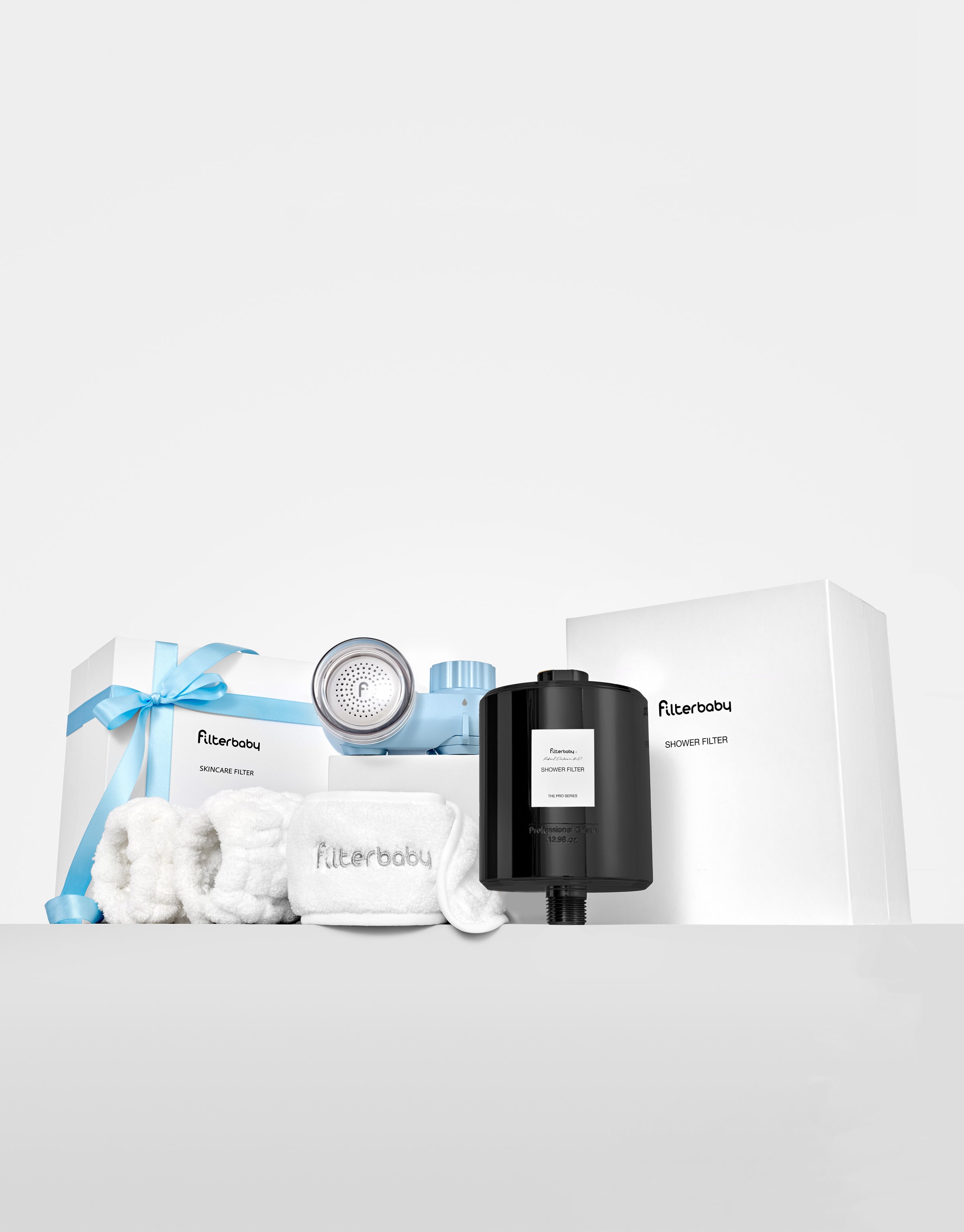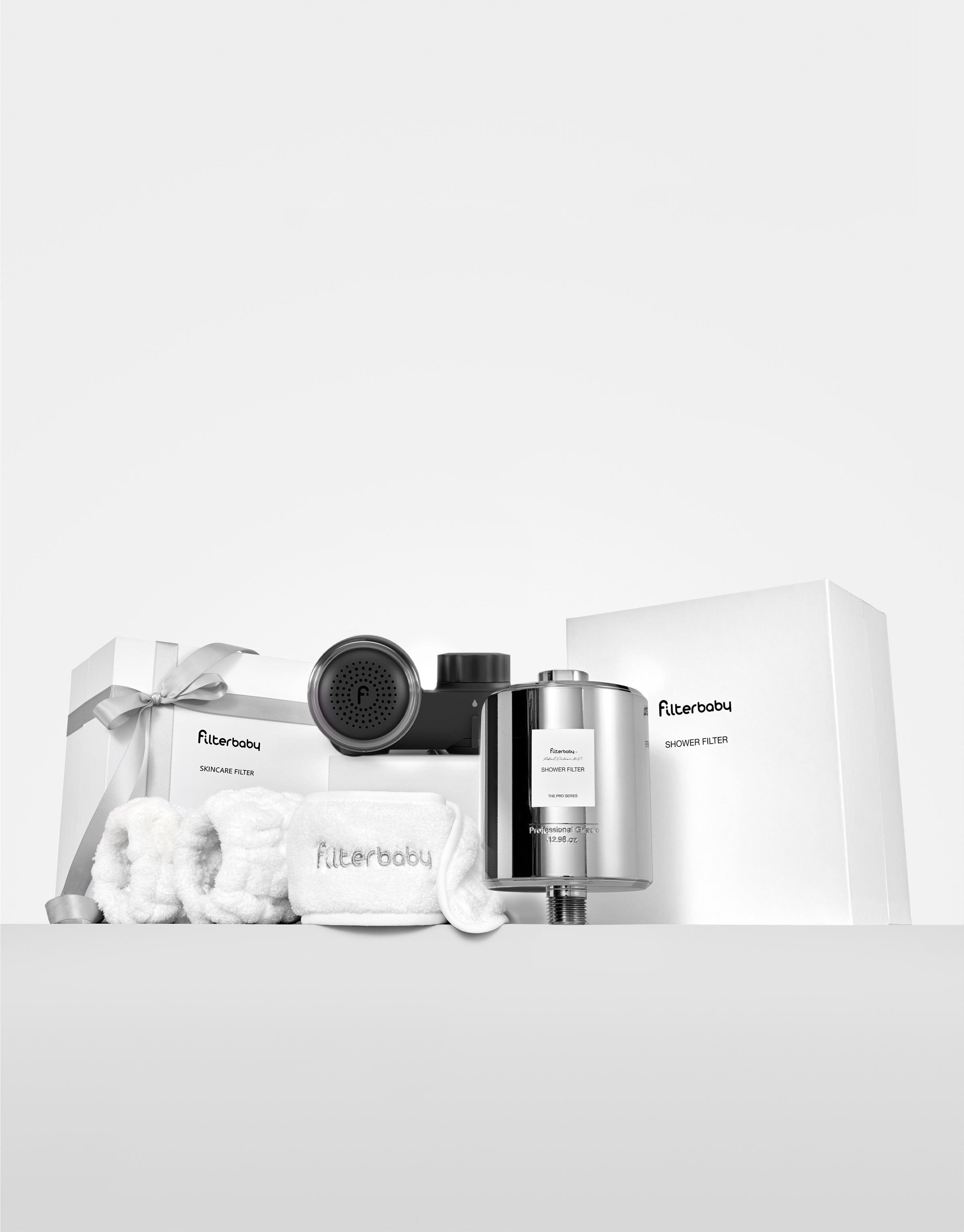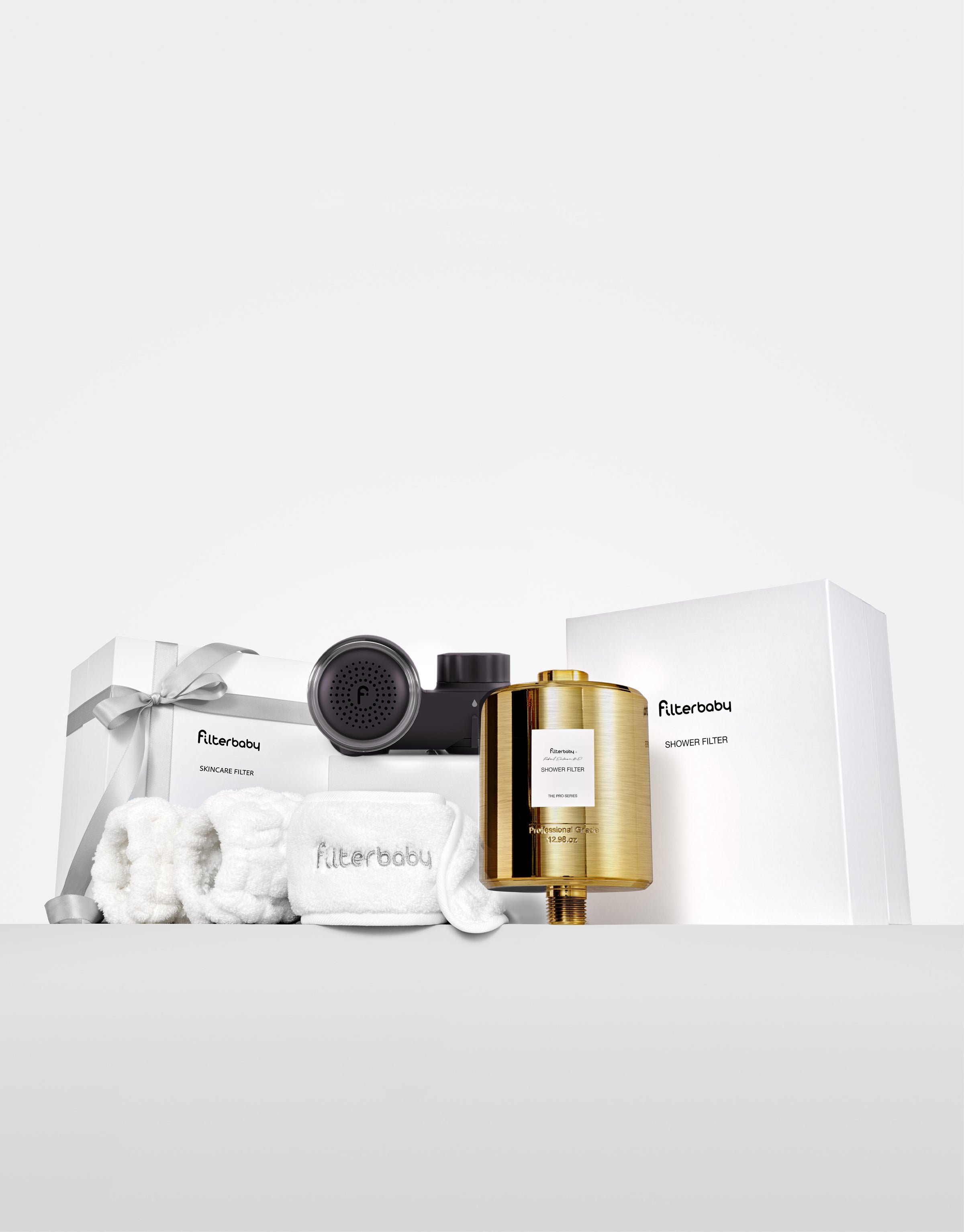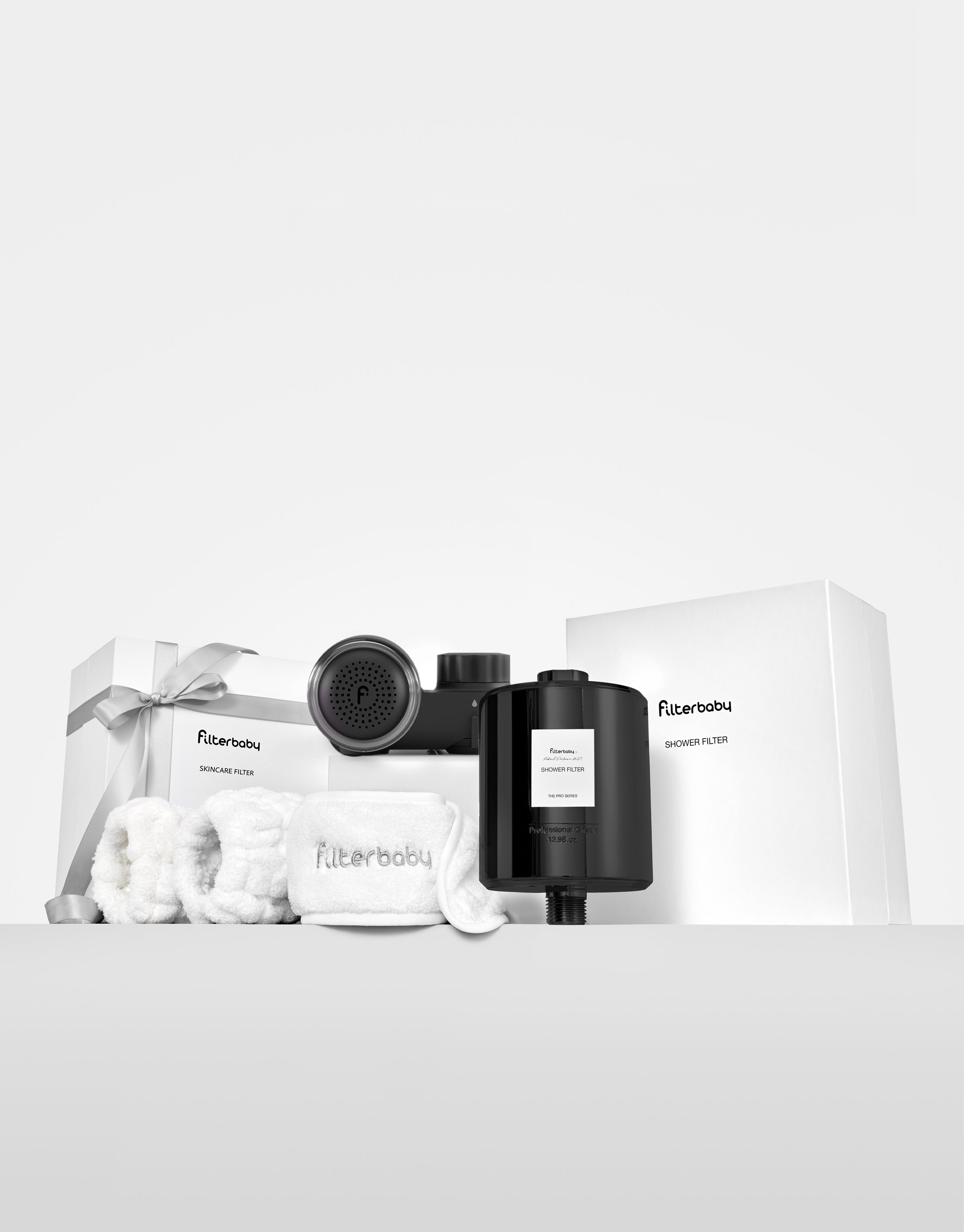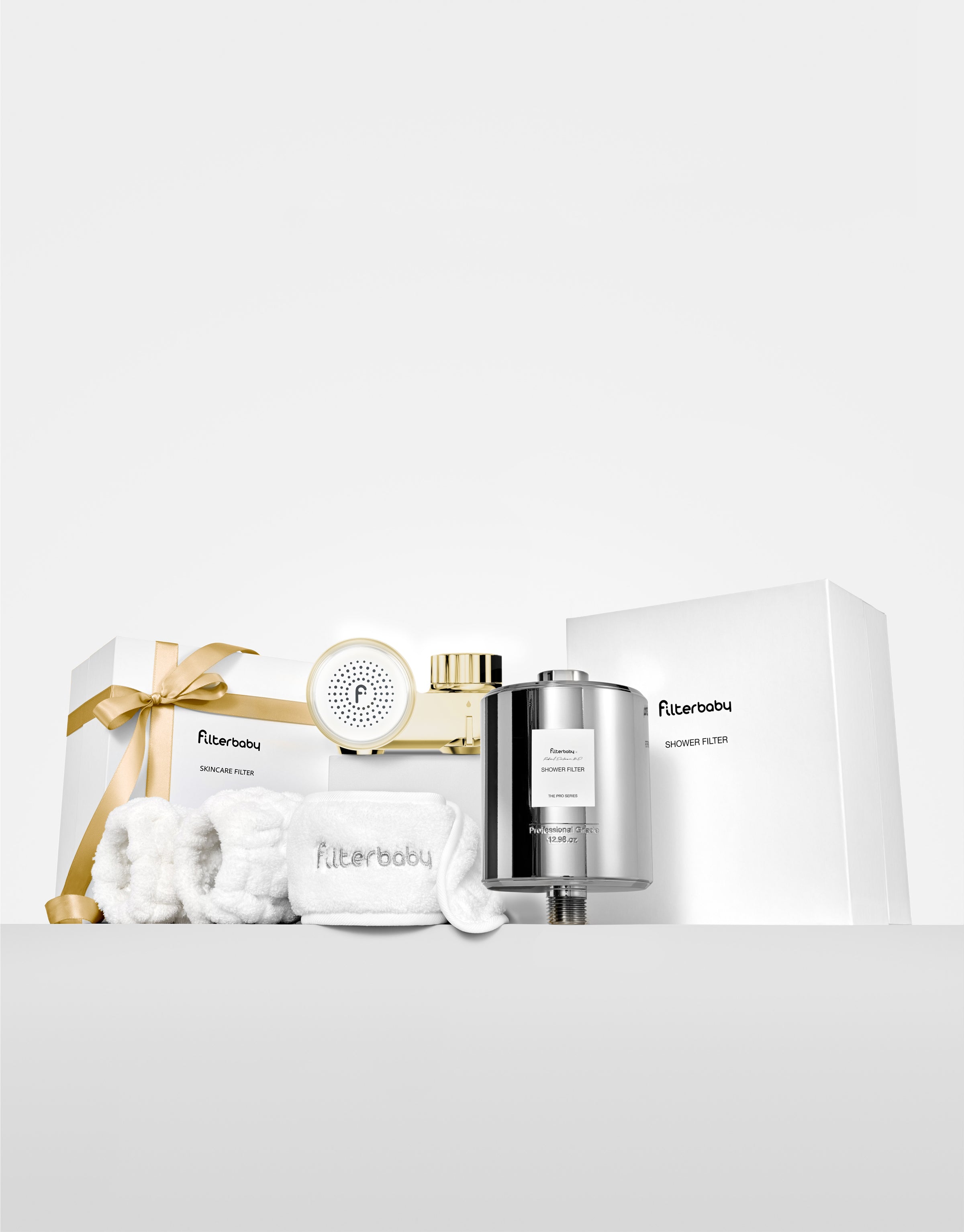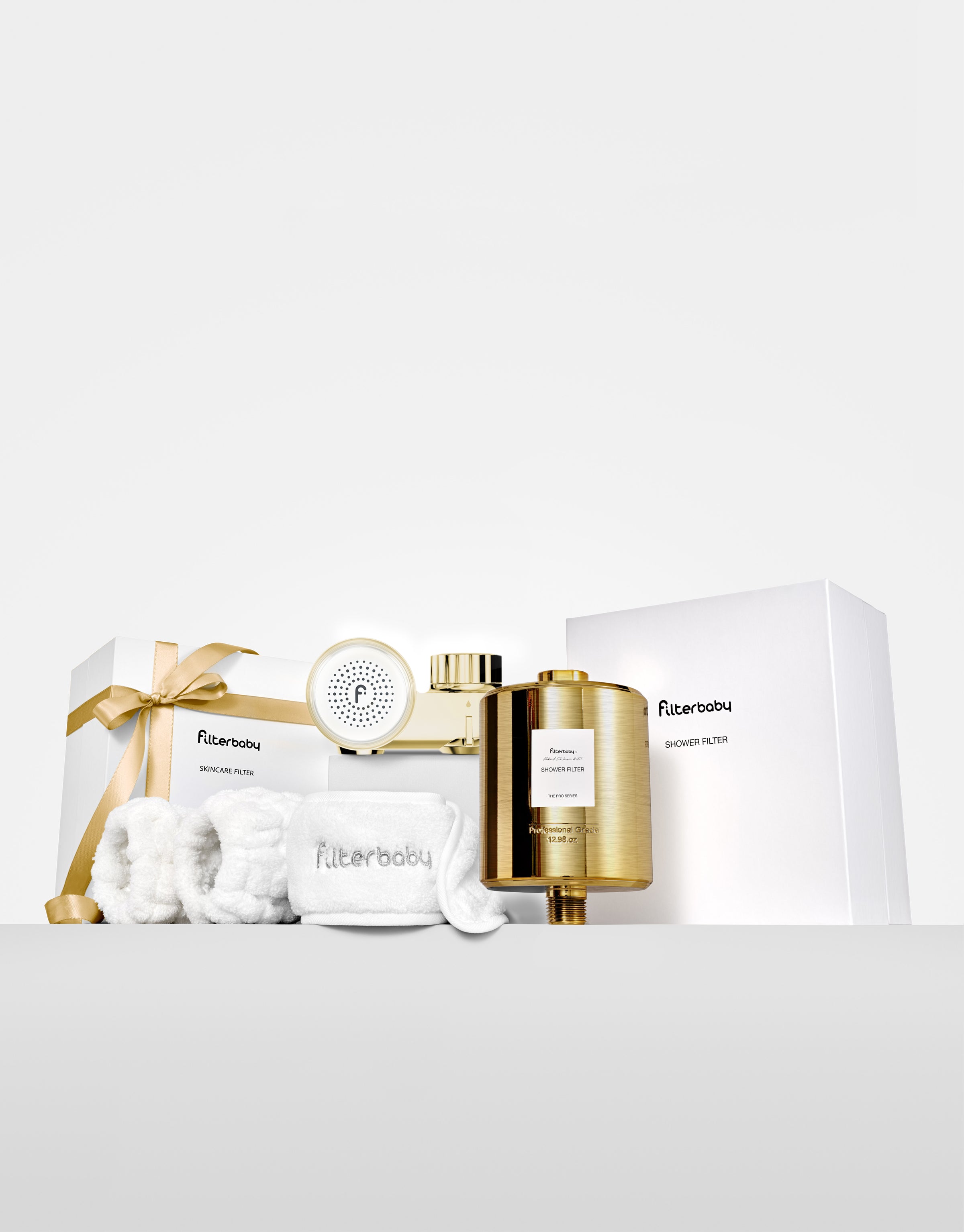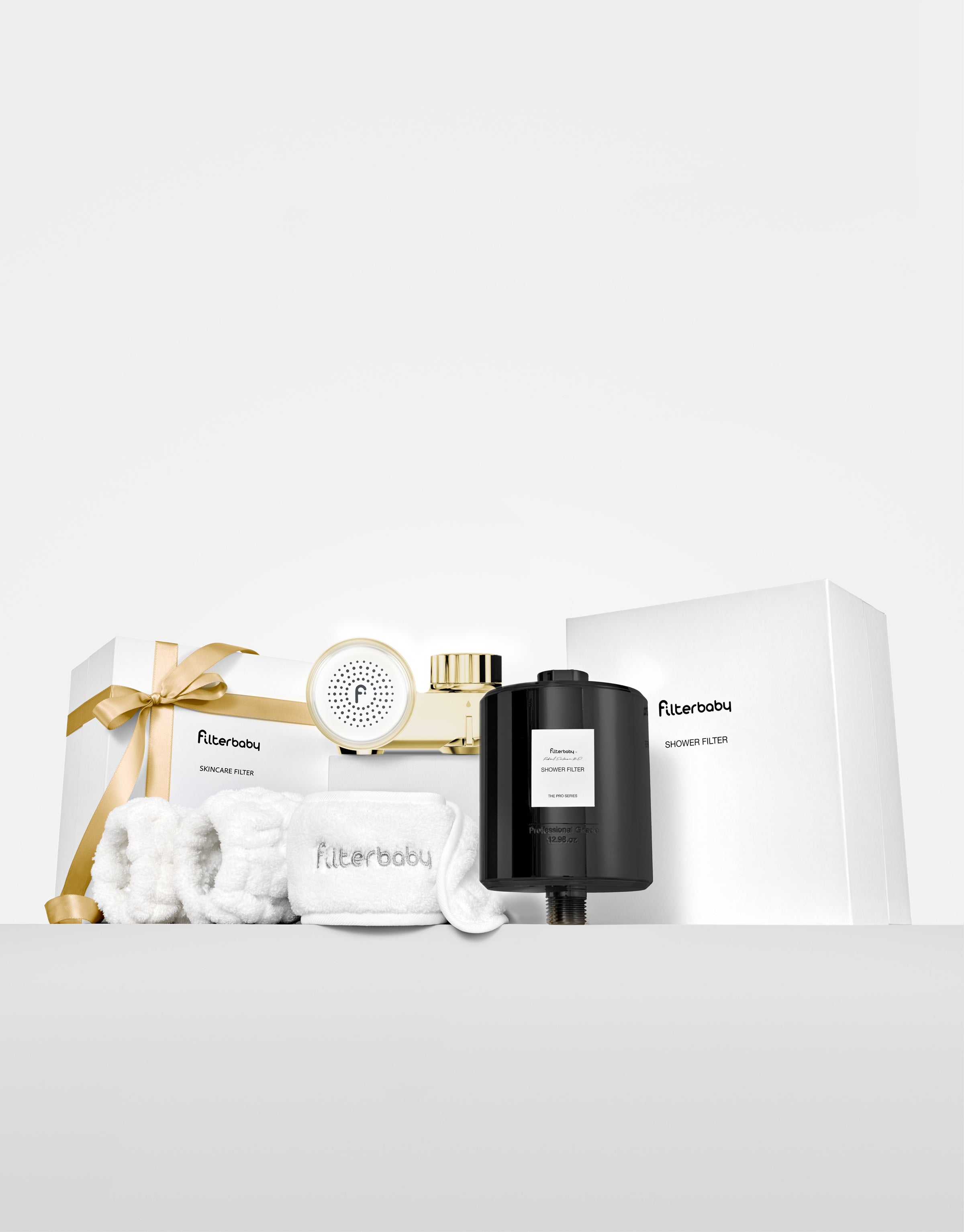Are you looking for effective and natural treatments for acne? If so, keep reading because this article is for you.
Margaret Trashian, MD

Introduction
Most people suffer from acne at some point in their lives. Acne is a common skin condition that affects millions of people worldwide. Although there are many over-the-counter and prescription treatments available for acne, some people prefer to use natural and home remedies. Natural treatments for acne can include a range of approaches, from dietary changes to topical treatments using natural ingredients.
One of the primary benefits of natural treatments for acne is that they can be gentler on the skin than harsh chemical treatments.
Some of the most commonly recommended natural treatments for acne include herbal remedies like, dietary changes, reducing sugar and dairy intake, and lifestyle changes like stress management and regular exercise. While natural treatments may not work for everyone, they can be a safe and effective option for those looking for a more holistic approach to acne treatment.
What is acne?
Acne is an inflammatory disorder of the skin characterized by the appearance of pimples, blackheads, and whiteheads, and can range from mild to severe. Acne typically appears on the face, but can also affect the chest, back, and other areas of the body.
Acne is caused by a combination of factors, including excess oil production, clogged pores, bacteria, and inflammation. The skin contains tiny hair follicles that are connected to oil glands. These glands produce an oily substance called sebum, which helps to keep the skin moisturized. When too much sebum is produced, it can mix with dead skin cells and clog the hair follicles, leading to the formation of pimples.
Hormones
Hormones also play a significant role in the development of acne. During puberty, the body produces higher levels of androgens, which can cause the oil glands to produce more sebum. Hormonal imbalances can also occur during menstruation, pregnancy, and menopause, leading to breakouts.
Medications
Certain medications and cosmetics can also contribute to acne, as they may clog the pores or irritate the skin. Stress can also be a factor in the development of acne, as it can cause the body to produce more cortisol, a hormone that can trigger oil production.
Diet
In addition, diet may also play a role in acne development. Some studies have suggested that consuming high amounts of sugar and dairy products can increase the risk of developing acne. However, more research is needed to confirm this association.
Genetics
Genetics may also be a factor in the development of acne. If one or both parents had acne, there is a higher likelihood that their children will develop it as well.

5 Natural Treatments for Acne
Tea tree oil
Tea tree oil is a natural essential oil that has antibacterial properties. It can help to kill the bacteria that cause acne and reduce inflammation. Dilute a few drops of tea tree oil with a carrier oil, such as coconut oil, and apply to the affected area.
Aloe vera
Aloe vera has anti-inflammatory and antibacterial properties that can help to soothe and heal acne-prone skin. Apply a small amount of aloe vera gel to the affected area, and leave on for 15-20 minutes before rinsing off.
Filtered water
Filtered water has several benefits for acne-prone skin. Hard water, which contains high levels of minerals like calcium and magnesium, can leave a residue on the skin that can clog pores and exacerbate acne. Filtered water, which can be obtained by using filters like the one from Filterbaby, is free from contaminants and minerals and is less likely to cause irritation or breakouts. Filtered water can also be gentler on the skin, reducing the need for harsh soaps and cleansers that can strip the skin of its natural oils.
Green tea
Green tea contains antioxidants and anti-inflammatory compounds that can help to reduce acne. Brew a cup of green tea, let it cool, and then use a cotton ball to apply to the affected area.
Zinc
Zinc is a mineral that has anti-inflammatory properties and can help to reduce the production of sebum. Taking a zinc supplement or eating foods high in zinc, such as pumpkin seeds or oysters, may help to improve acne symptoms.

Conclusion
In conclusion, acne is a common skin condition that can affect people of all ages. While the causes of acne are complex, understanding the factors that contribute to its development can help individuals take steps to manage and prevent breakouts. This can include both conventional treatments like topical creams and medications, as well as natural remedies such as herbal treatments and dietary changes.
It is important to note that everyone's skin is unique, and what works for one person may not work for another. It may take some trial and error to find the right combination of treatments that work best for an individual's skin type and severity of acne.
Overall, while acne can be frustrating and sometimes difficult to manage, there are many effective treatments available. By understanding the causes of acne and taking a holistic approach to skincare, individuals can work towards achieving healthy, clear skin.
FAQ
Does tea tree oil help with acne?
When used topically, tea tree oil is generally safe and might be helpful in treating acne and other superficial skin infections. Avoid oral use of tea tree oil, which is toxic when swallowed.
Is witch hazel good for acne?
Is witch hazel good for acne? Yes, research suggests that the anti-inflammatory and astringent properties in witch hazel can minimize acne breakouts. The anti-inflammatory properties calm the skin, while the astringent properties reduce excess oil on the skin that can lead to clogged pores and breakouts.
Which is better: salicylic acid or tea tree oil?
Tea Tree Oil works on the actual bacteria and resulting inflammation, while Salicylic Acid helps remove the surface oil, dirt, and debris that can clog up the pores and make it easier for p. acnes to create an infection.
What not to mix with tea tree oil?
Don't mix Tea Tree Oil with other active ingredients like benzoyl peroxide, retinol, retinoids, tretinoin, Retin-A, salicylic acid, glycolic acid, lactic acid, vitamin c, etc. Best to use one or the other, not both. Never use it more than once a day – less is more!
What vitamin do you take for acne?
Vitamins can give the skin the extra boost needed to fight acne. Vitamin A, D, zinc, and omega-3s are the most widely used vitamins for treating acne.
P.S. We did the work so you don't have to!
Neirita Hazarika (2021) Acne vulgaris: new evidence in pathogenesis and future modalities of treatment, Journal of Dermatological Treatment, 32:3, 277-285, DOI: 10.1080/09546634.2019.1654075
Shakiba R, Minaii B, Aliasl J, Shakiba M, Ghods R. Herbal Remedies for Acne Vulgaris from the Viewpoint of Persian Medicine. Iran J Public Health. 2020 May;49(5):1014-1015. PMID: 32953696; PMCID: PMC7475631.
Oge' LK, Broussard A, Marshall MD. Acne Vulgaris: Diagnosis and Treatment. Am Fam Physician. 2019 Oct 15;100(8):475-484. PMID: 31613567.
Cervantes J, Eber AE, Perper M, Nascimento VM, Nouri K, Keri JE. The role of zinc in the treatment of acne: A review of the literature. Dermatol Ther. 2018 Jan;31(1). doi: 10.1111/dth.12576. Epub 2017 Nov 28. PMID: 29193602.
